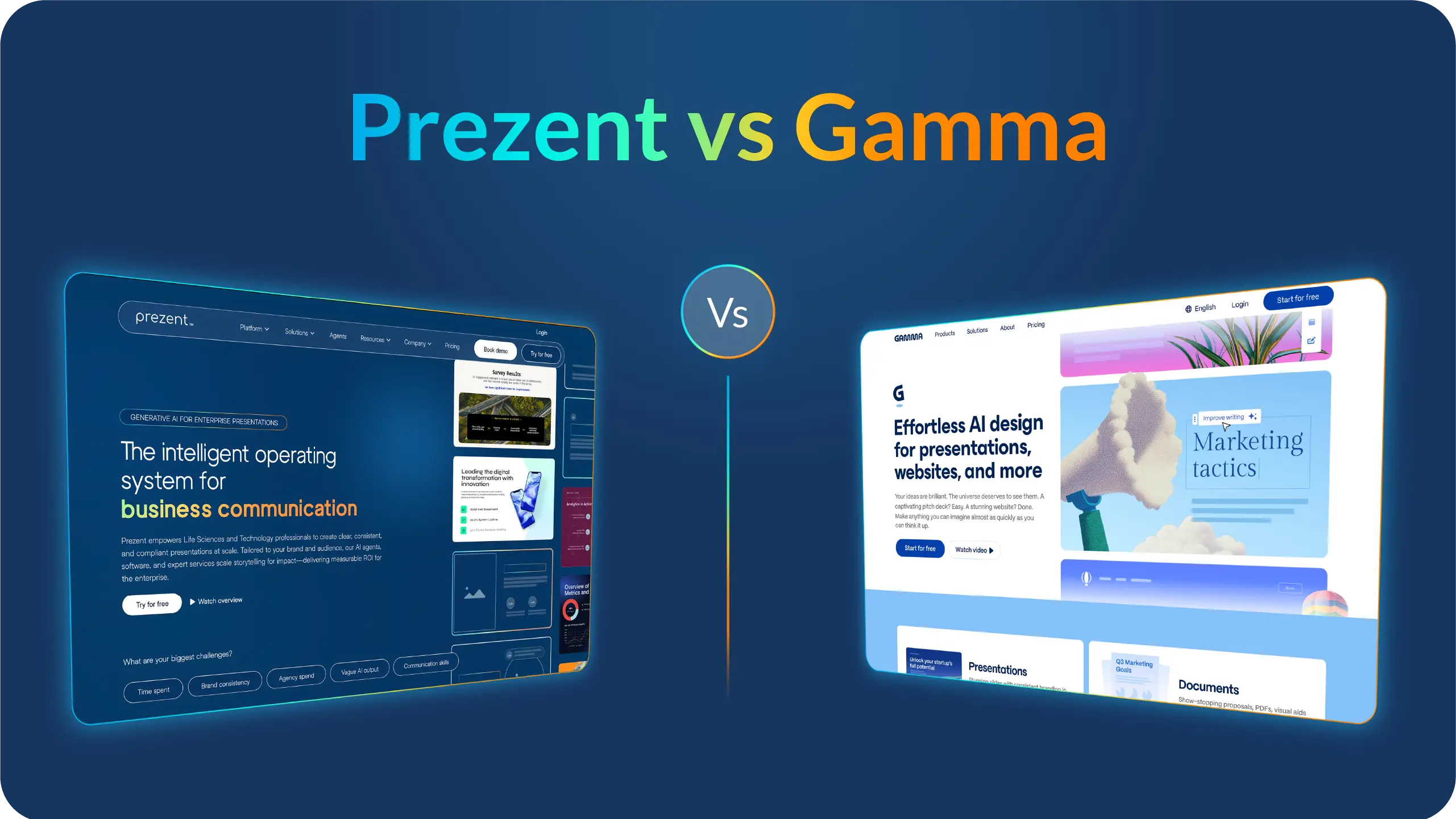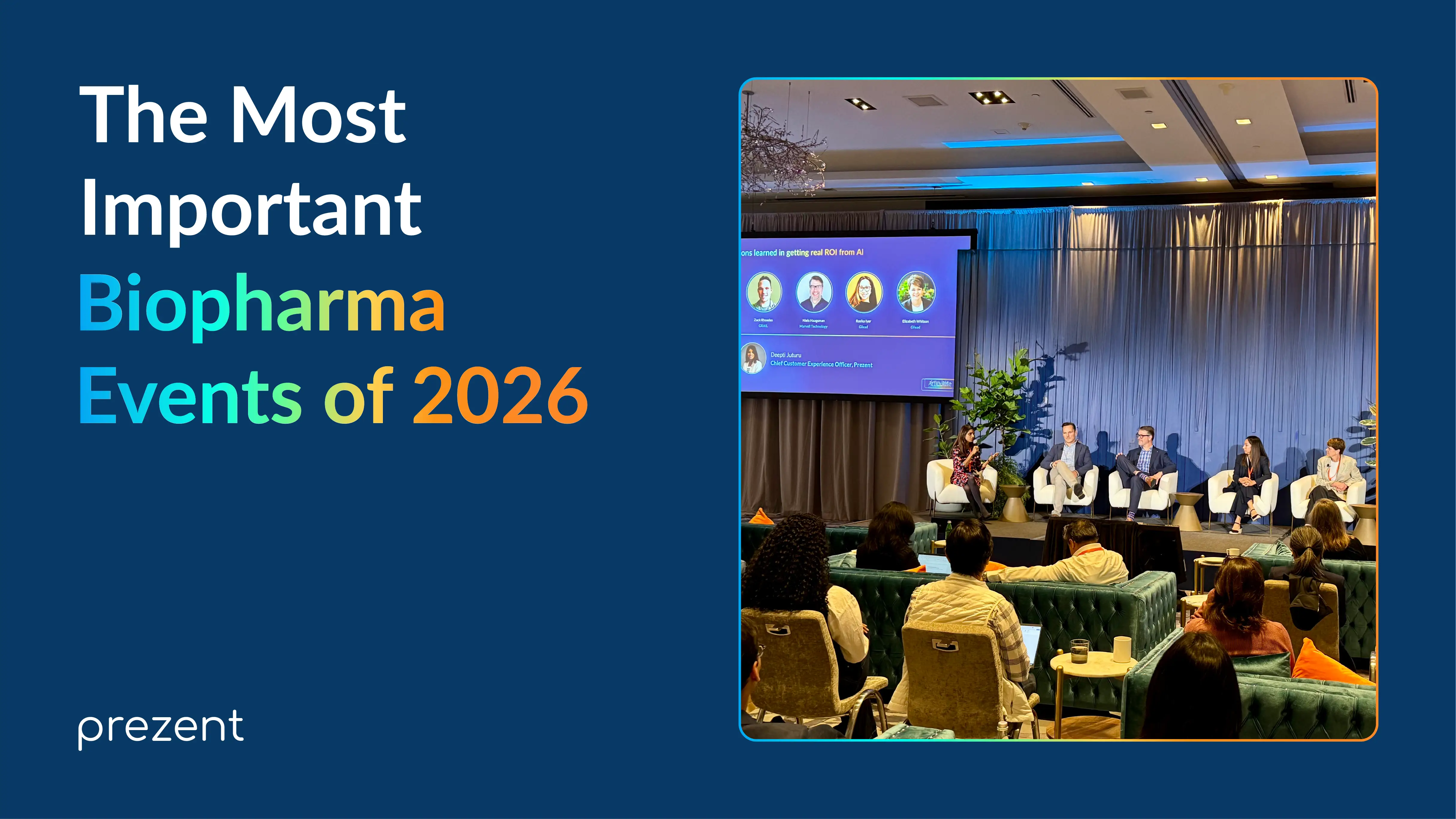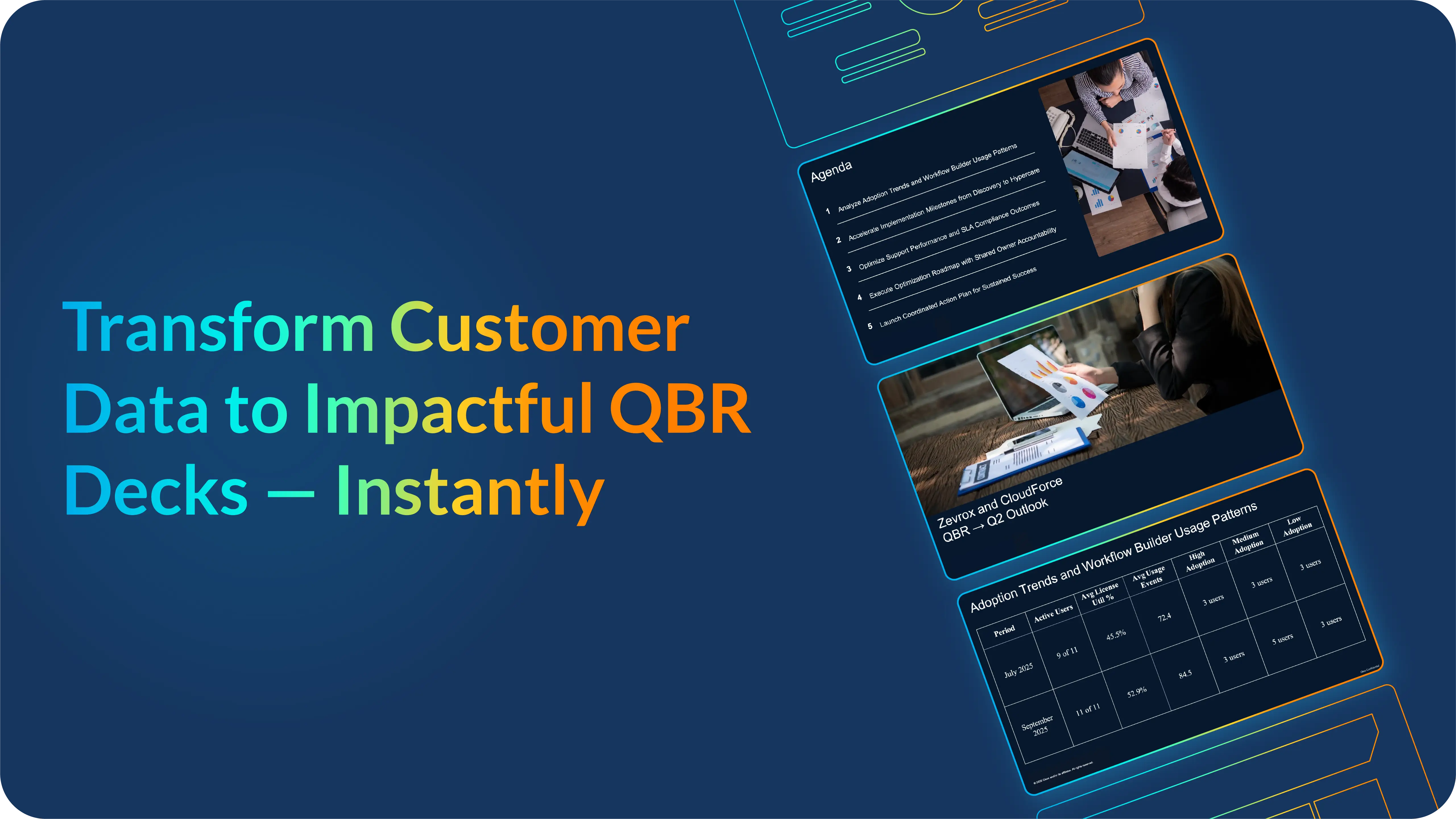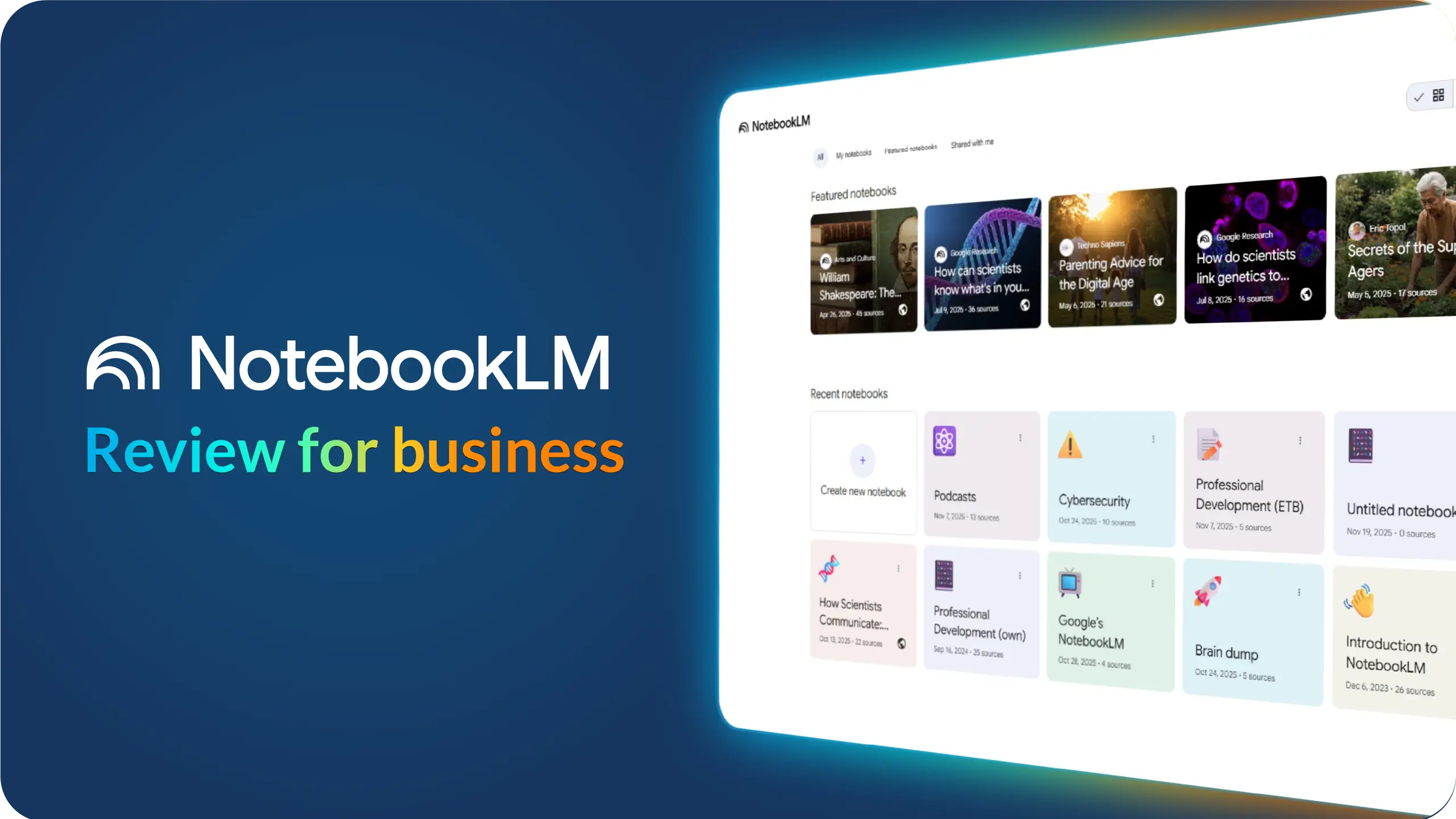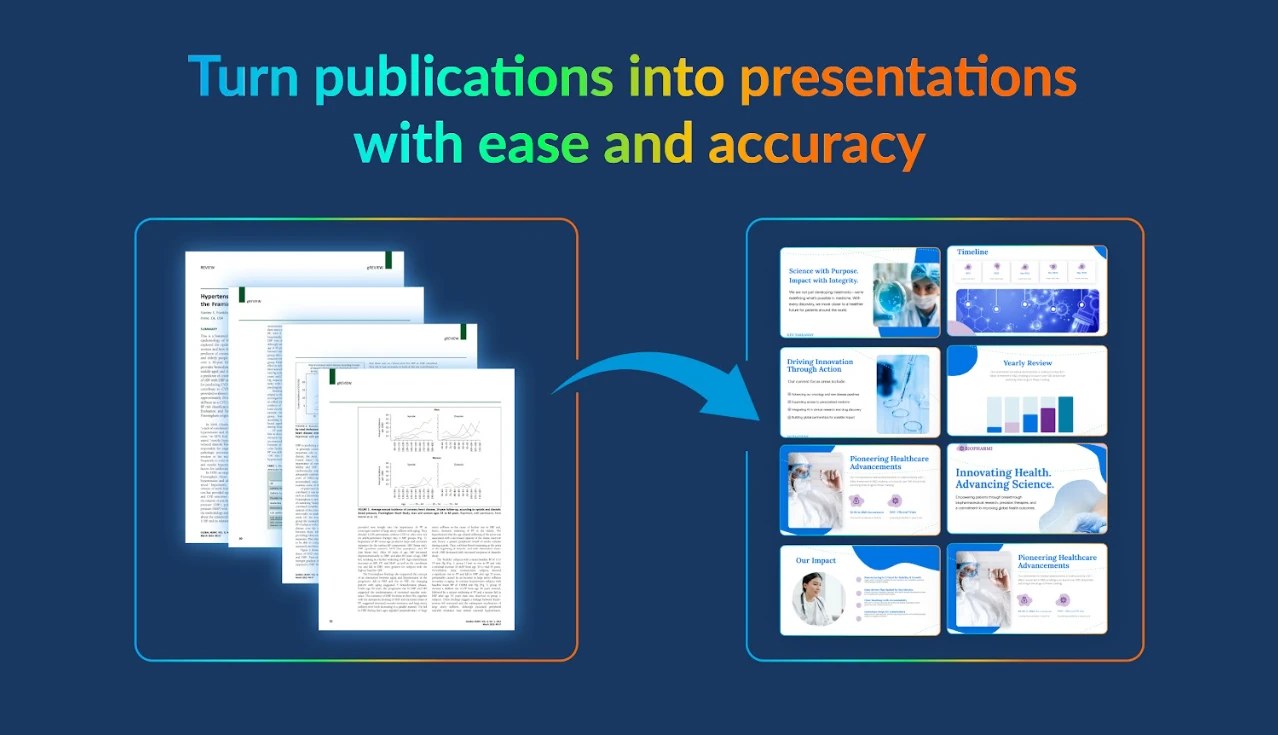New employee orientation presentation: A comprehensive guide

Hey there!
Welcome to the world of new employee orientation presentations!
Whether you're a seasoned HR professional or someone new to the role, crafting an effective orientation presentation is crucial for the success of your organization and the satisfaction of your new hires.
In this comprehensive guide, we'll delve into the intricacies of creating a stellar new hire orientation presentation that sets the right tone, delivers essential information, and leaves a lasting impression.
What is a new employee orientation?
Before we dive into the nitty-gritty details, let's clarify what exactly a new employee orientation is. In essence, it's the process by which your organization welcomes and integrates fresh talent into the workforce. It's not just about handing them a desk and a computer; it's about providing them with the tools, knowledge, and support they need to thrive. A key component of this process can be using the best applicant tracking system to ensure that the right talent is not only hired but also effectively onboarded.
The new hire's first day: A day to remember
The first day on the job is a monumental moment for any new hire. It's the day when they step into the unknown, meet their new team members, and get their first taste of the company culture. It's also your chance to make a lasting first impression.
Why is new employee orientation presentation important?
Creating a smooth onboarding process
A well-structured new employee orientation presentation is like a roadmap for your new hires. It guides them through the initial stages of their journey within the organization, helping them navigate the terrain with confidence.
Fostering a positive employee experience
Remember, your employees are your most valuable assets. Investing in their orientation process not only makes them feel valued but also contributes to their long-term job satisfaction and retention.
Aligning with company policies and procedures
Your presentation is the perfect opportunity to acquaint new team members with your company's mission, vision, and values. It's where you can clarify company policies and procedures, ensuring everyone is on the same page from day one.

How to structure a new employee orientation presentation
Structuring a new employee orientation presentation is essential to provide a clear and organized introduction to your organization and its processes. Here's a step-by-step guide on how to structure such a presentation:
1. Title slide: Start with a title slide that includes the company name, logo, and the words "New Employee Orientation."
2. Welcome and introduction: Begin with a warm welcome to the new employees. Introduce yourself and your role in the organization. Provide a brief overview of the orientation agenda.
3. Company overview: Explain the company's history, mission, vision, and core values. Highlight any significant achievements or milestones. Mention the company's organizational structure and key departments.
4. Culture and values: Emphasize the company's culture and values. Share stories or examples that illustrate the culture in action.
5. Benefits and compensation: Discuss the employee benefits package, including health insurance, retirement plans, and any other perks. Explain the compensation structure and payment schedule.
6. HR policies and procedures: Cover essential HR policies, such as: Equal Employment Opportunity, Anti-Harassment and Anti-Discrimination, Code of Conduct, Timekeeping and Attendance, Dress Code, Workplace Safety.
7. Onboarding Process: Describe the onboarding process and the steps new employees will go through. Mention any training programs or resources available.
8. Employee expectations: Discuss what is expected from employees in terms of performance, conduct, and teamwork. Explain any performance review processes or evaluation criteria.
9. Communication channels: Introduce the various communication tools and channels used within the organization. Highlight the importance of open communication.
10. Company policies and procedures: Detail specific company policies and procedures that new employees need to be aware of, such as: - Leave policies - Expense reimbursement - IT and security guidelines - Data privacy and confidentiality
11. Training and development: Discuss opportunities for professional growth and development within the company. - Mention any training programs, workshops, or resources available.
12. Q&A session: Allocate time for questions and answers. Encourage new employees to ask any questions they may have.
13. Conclusion: Summarize key points covered during the presentation. - Reiterate your enthusiasm for having the new employees on board.
14. Next steps: Provide information about what new employees should do next, such as completing paperwork or scheduling one-on-one meetings.
15. Resources and contacts: Share contact information for HR, IT support, and other relevant departments. - Provide a list of resources new employees can refer to for additional information.
16. Thank you slide: End the presentation with a thank-you slide and a reminder of the company's contact information.
Remember to keep the presentation engaging, interactive, and visually appealing by using graphics, images, and bullet points. Additionally, tailor the content to your company's specific needs and culture to ensure that new employees receive a comprehensive and informative orientation.
Do's and don'ts on a new employee orientation presentation
Now that we've covered the essential elements, let's round up with some do's and don'ts to keep in mind as you create your new employee orientation presentation.
Do's:
- Do prioritize the employee experience. Make it engaging and informative.
- Do create an engaging PowerPoint presentation.
- Do introduce the new hire to their team members.
- Do use presentation templates for a consistent look.
- Do encourage questions and one-on-one interactions.
Don'ts:
- Don't overwhelm new hires with excessive information.
- Don't rush through the orientation process; take your time.
- Don't forget to emphasize company culture and values.
- Don't neglect technical aspects; ensure new hires are well-equipped.
- Don't forget to add a touch of humor naturally if it fits the context.

Summarizing key takeaways
- New employee orientation matters: A well-structured new employee orientation presentation is crucial for integrating new hires effectively into your organization.
- Positive employee experience: Orientation contributes to a positive employee experience, enhancing job satisfaction and retention.
- Align with company values: Use the presentation to align new hires with your company's culture, values, and mission.
- Structured approach: Follow a structured approach when creating the presentation, starting with a warm welcome and progressing to important details.
- Technical aspects: Ensure new hires understand the technical aspects of their job, including software and tools.
- One-on-one interaction: Allocate time for one-on-one interactions to address questions and build connections.
- Do's: Prioritize the employee experience, encourage questions, and introduce new hires to their team members.
- Don'ts: Avoid overwhelming new hires with information, rush through the orientation, or neglect company culture and values.
FAQ's on a new employee orientation presentation
1. What is the significance of a new employee orientation presentation, and why should companies prioritize it?
A new employee orientation presentation plays a pivotal role in helping every employee, whether it's their first day at a new job or they've transitioned to a different role within the organization. It's a part of the employee onboarding process that introduces them to the company's culture, policies, and procedures. This process is essential for every employee, not just new hires, as it ensures that they're well-informed and aligned with the organization's values. A well-structured orientation program sets the right tone and can make a significant impact on their journey within the company.
2. What components should be included in a comprehensive new employee orientation presentation?
A thorough employee orientation process should cover a variety of aspects. It's more than just a mere orientation checklist. Here's what it should encompass:
- Employee handbook: Provide access to the employee handbook, which serves as a reference guide for company policies.
- Company culture: Introduce new hires to the company's culture and work environment, helping them feel more comfortable in their new workplace.
- Orientation program: Implement an orientation program that includes infographics, interactive presentations (PPT), and other materials. It's a great opportunity to help ensure that everyone starts on the right foot.
- New employee orientation checklist: Utilize an orientation checklist to keep track of essential tasks and information they need.
- Team introduction: Facilitate meetings where new hires can meet the new workplace and team members, fostering connections from the very beginning.
3. Is employee orientation only relevant for traditional office setups, or does it apply to remote teams as well?
Employee orientation is a great opportunity to set the tone, whether your organization operates in a physical office space or is fully remote. In fact, it's even more critical for remote teams to ensure that the onboarding process is comprehensive and engaging. Many companies have embraced remote work, and the employee orientation process has adapted accordingly. Virtual presentations and online resources can help new hires feel just as connected and informed as they would in a traditional office setting.
4. How can a new employee orientation presentation help boost employee morale and productivity?
A well-executed orientation presentation can have a substantial impact on employee morale and productivity. When new hires are excited and motivated, they're more likely to hit the ground running. It's a good opportunity to help set realistic expectations and provide them with the tools and information they need to thrive in their new roles. Engaging presentations, along with team member introductions and insights into the organization's departments, create a positive atmosphere that could have been better.
5. Are there any innovative ideas to make a new employee orientation presentation more engaging and memorable?
Absolutely! New employee orientation and onboarding can be creative and fun. Best practice consider incorporating infographics, interactive quizzes, or storytelling elements into your presentation. Share interesting facts about your organization, host virtual happy hours, or create a "Day in the Life" video to give new hires a glimpse of what their first day at a new job will look like. The key is to make the orientation process enjoyable and informative, ensuring that new hires leave with a positive impression and a sense of belonging within the company.
Create your new employee orientation presentation with Prezent
If you're looking for an easy and effective way to create your new employee orientation presentation, consider using Prezent. With our user-friendly templates and tools, you can design presentations that leave a lasting impression.
Prezent can be a valuable tool for creating your new employee orientation presentation in several ways:
- Content creation: With Prezent's presentation builder, you can add and customize content easily. This includes text, images, charts, and more. You can include information about your company's history, culture, values, and the onboarding process itself.
- Personalization: Tailoring your presentation to the preferences of new employees is crucial. Prezent allows you to personalize the content to make new hires feel welcome and provide specific information related to their roles or departments.
- Structuring your presentation: Prezent provides tools to help you structure your presentation effectively. You can use guides and e-courses to ensure that your orientation presentation flows logically, making it easy for new employees to follow and engage with the material.
- Collaboration: If multiple team members are involved in creating the presentation, Prezent facilitates real-time sharing and collaboration. This collaborative approach ensures that everyone can contribute to and review the presentation, making it a team effort.
- Brand compliance: Maintaining brand consistency is essential. Prezent helps you ensure that your orientation presentation complies with your company's brand guidelines and is approved by your corporate brand and marketing team.
- Time savings: Prezent can significantly reduce the time it takes to create presentations compared to traditional methods. This efficiency is especially valuable when you have multiple orientations to conduct.
- Security: Data security is a top priority for Prezent. They offer enterprise-grade security measures to protect sensitive information, which is crucial when dealing with employee data.
- Easy sharing: Once your new employee orientation presentation is complete, you can easily share it with new hires. This simplifies the distribution process and ensures that everyone has access to the necessary information.
By using Prezent, you can streamline the process of creating new employee orientation presentations, ensuring that they are informative, engaging, and consistent with your company's brand and messaging. This, in turn, can enhance the onboarding experience for your new team members.

So, why wait? Try our free trial or book a demo today to start crafting your orientation masterpiece today and help your new hires feel right at home from day one.
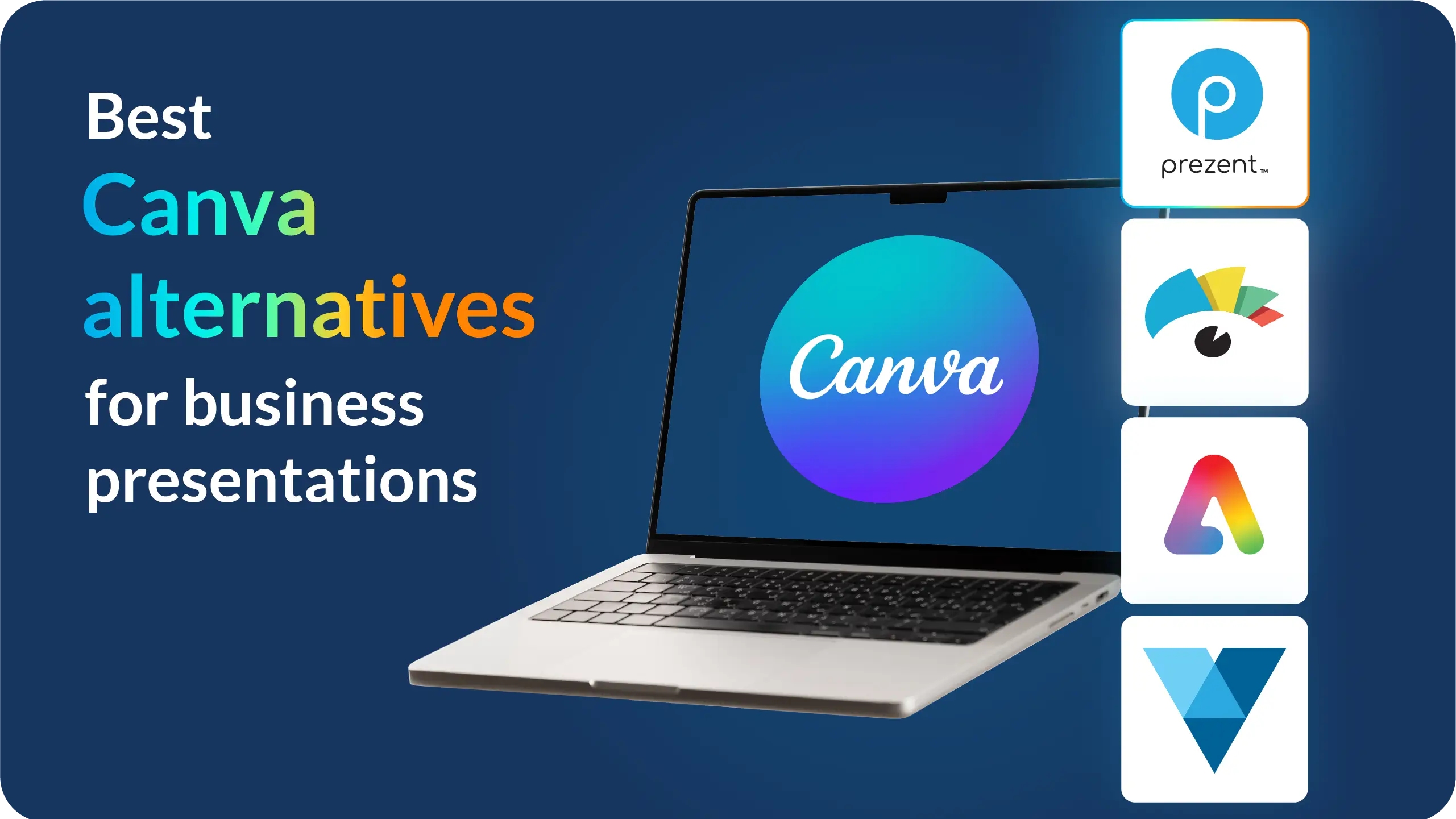
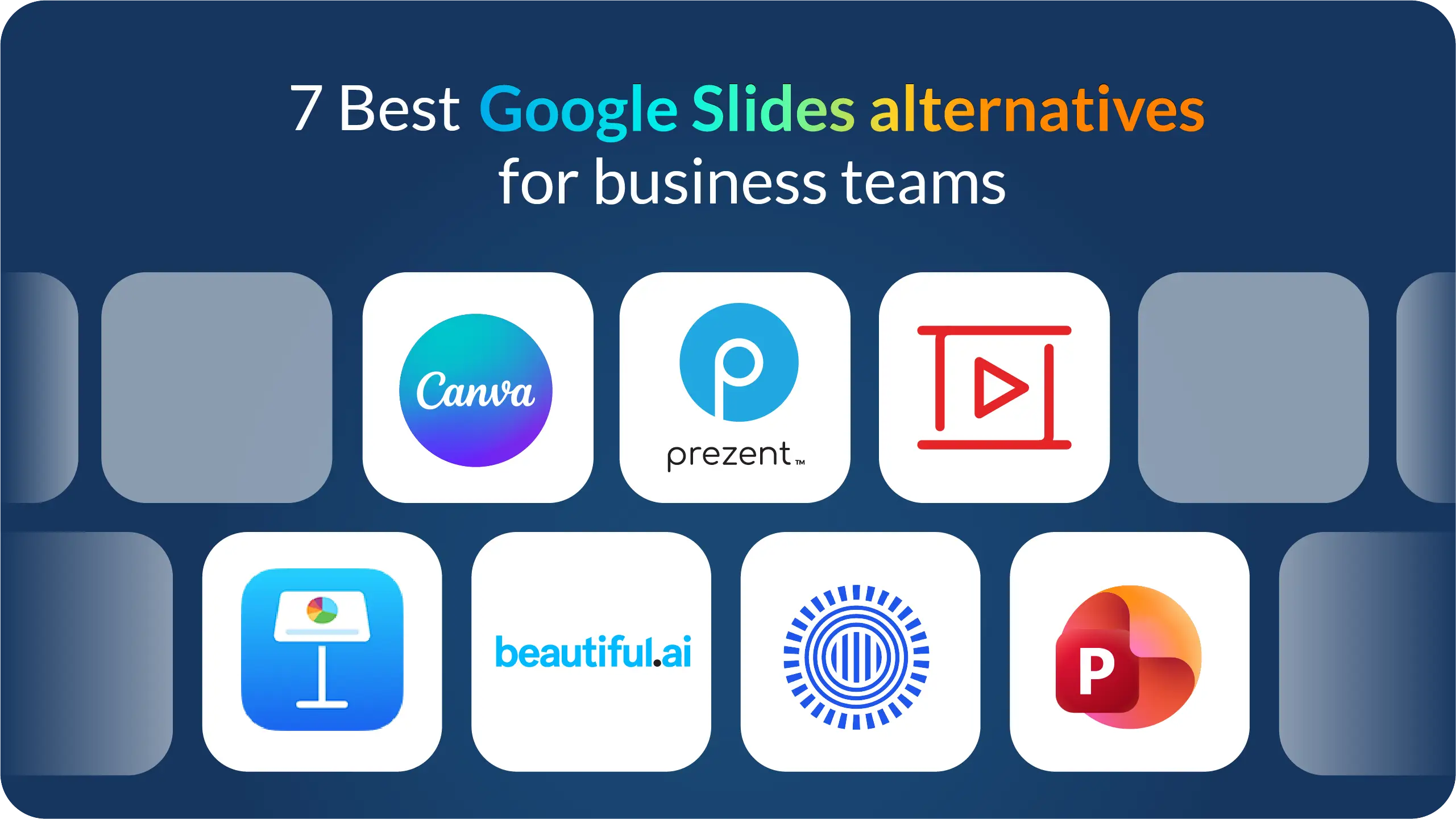
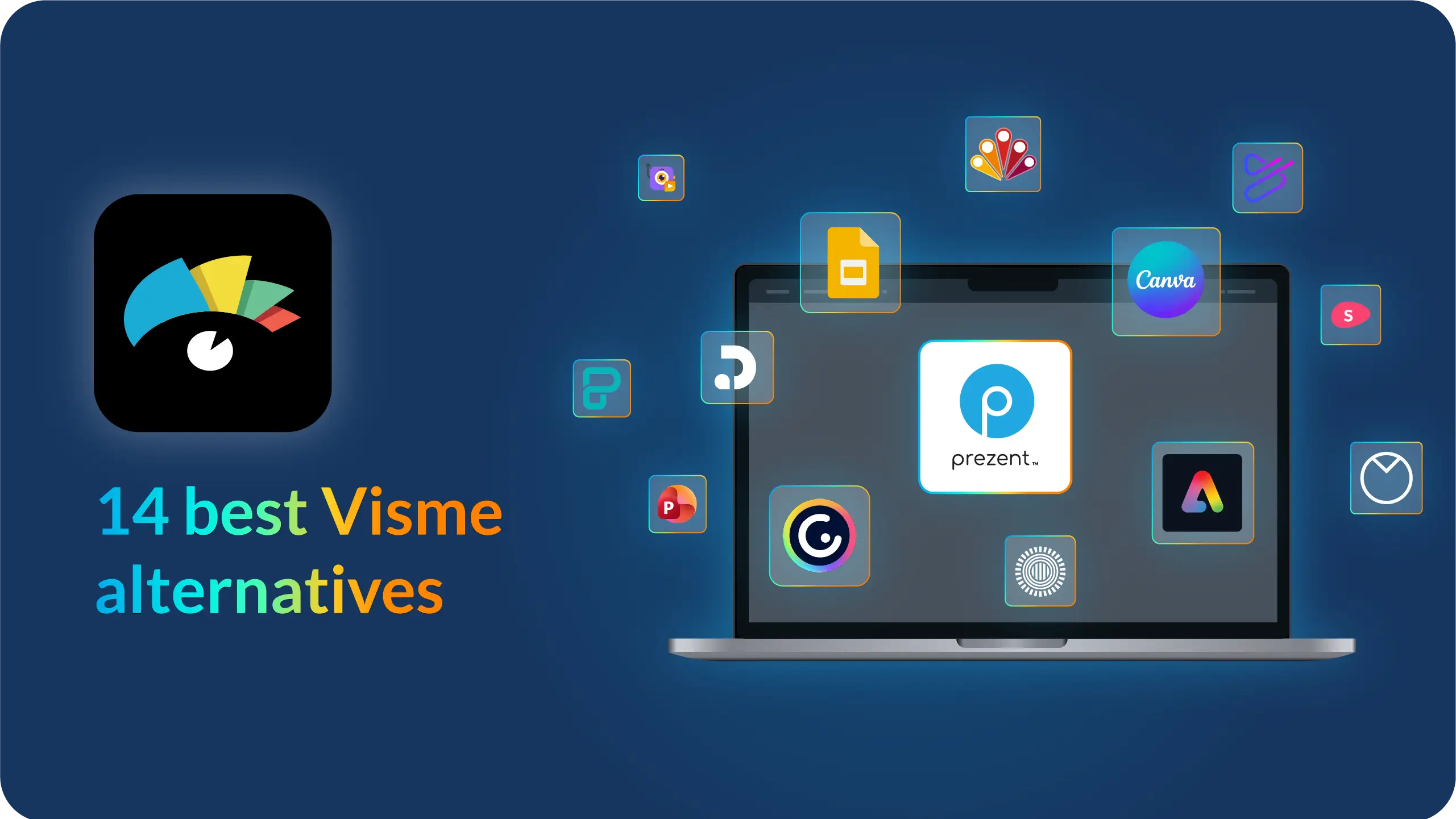
.png)
